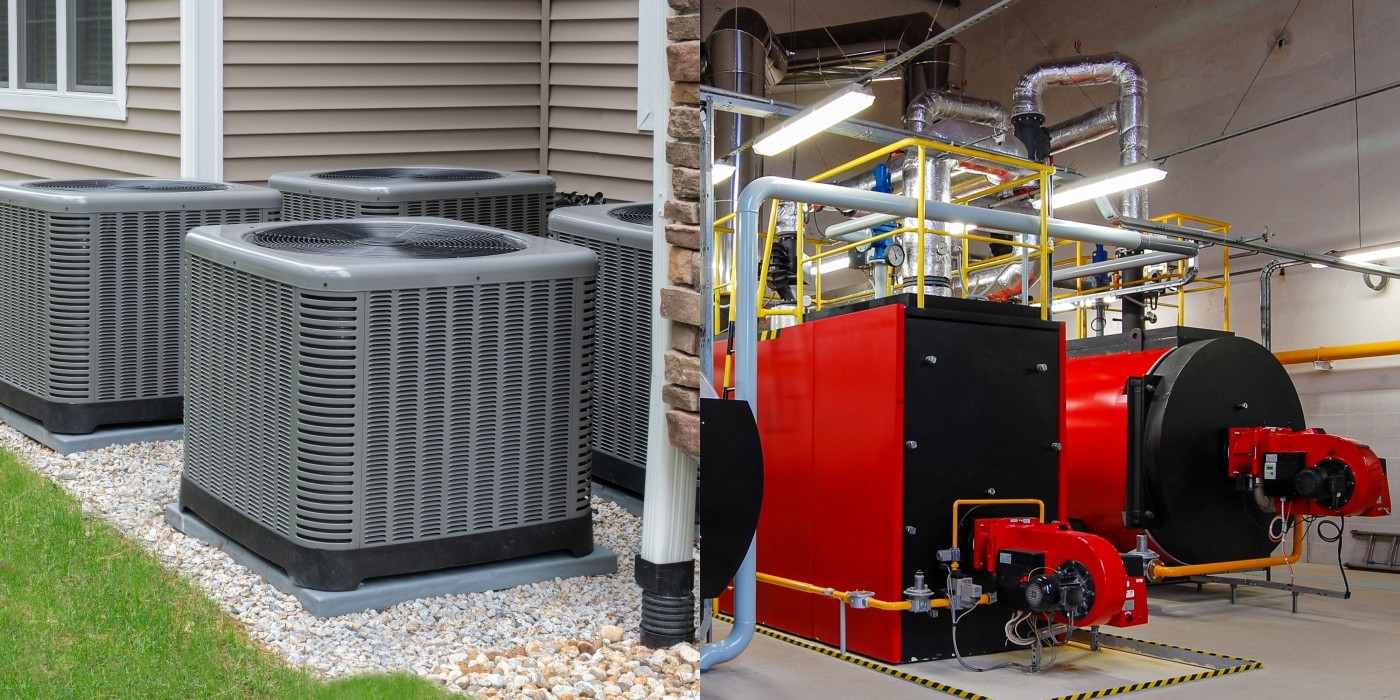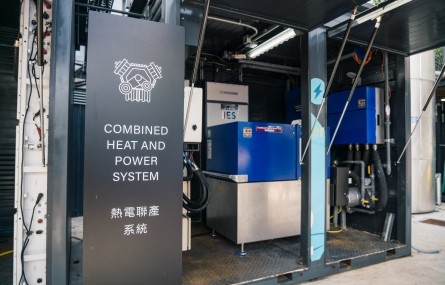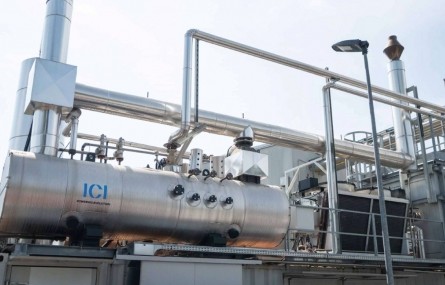Heat Pumps vs. Traditional Heating Systems: A Comparison

Heat Pumps vs. Traditional Heating Systems: A Comparison for Engineers in Hong Kong and Asia
As buildings across Asia pivot towards decarbonization and energy efficiency, engineers are reassessing legacy heating systems. One of the most prominent technologies emerging in this space is the heat pump. But how do heat pumps compare to traditional heating systems like gas boilers or electric heaters in the context of Hong Kong and Asia's subtropical climate and dense urban settings?
What is a Heat Pump?
A heat pump is a high-efficiency heating (and cooling) system that transfers heat rather than generates it. It extracts thermal energy from the air, water, or ground—even in cooler temperatures—and uses electricity to amplify that heat to warm indoor spaces or water.
Energy Efficiency: A Clear Winner
Heat pumps can achieve efficiencies of 300–400%, meaning for every unit of electricity consumed, they deliver 3 to 4 units of heat. In contrast, traditional electric heaters are about 98% efficient, while gas boilers typically reach around 85–90% efficiency under ideal conditions.
In Hong Kong, where electricity is becoming greener thanks to increased renewable integration, electric-powered heat pumps present a cleaner and more future-proof solution.
Environmental Impact
Switching from gas-fired or diesel-based systems to heat pumps can drastically reduce carbon emissions. With Hong Kong’s Climate Action Plan 2050 targeting carbon neutrality, heat pump adoption supports corporate ESG goals and upcoming regulatory requirements.
For commercial buildings and industrial facilities, this transition also helps meet BEAM Plus and LEED certifications, improving property value and tenant satisfaction.
Installation and Retrofit Challenges
While heat pumps are ideal for new developments, retrofitting existing buildings—especially those with limited roof or plant room space—can be challenging. Engineers must carefully assess structural loading, space constraints, and thermal demand profiles.
However, air-source heat pumps, which are more compact and easier to install, have gained traction in Hong Kong due to their suitability for urban buildings and mild winters.
Cost Considerations
Upfront costs for heat pumps can be higher than conventional boilers, but the total lifecycle cost is often lower due to energy savings and reduced maintenance. Government incentives and green financing across Asia further improve ROI.
In climates like southern China and Southeast Asia, where space heating demands are seasonal and moderate, the cost-benefit equation strongly favors heat pumps—especially when combined with solar PV systems for net-zero targets.
Maintenance and Reliability
Modern heat pumps require less maintenance than combustion-based systems, with no need for fuel delivery, flue cleaning, or combustion checks. With proper design and regular servicing, heat pumps offer long-term reliability and operational stability.
|
Criteria |
Heat Pumps |
Traditional Systems (Gas Boilers, Electric Heaters) |
|
Energy Efficiency |
300–400% (COP of 3–4) |
85–90% (gas boilers), 100% (electric heaters) |
|
Carbon Emissions |
Low (especially when powered by renewables) |
High, especially with fossil fuels |
|
Upfront Cost |
Higher initial investment |
Lower initial cost |
|
Operating Cost |
Lower due to high efficiency |
Higher fuel/electricity bills |
|
Maintenance |
Minimal, no combustion parts |
Regular servicing required for burners, flues, etc. |
|
Retrofit Suitability |
Challenging but feasible with air-source units |
Easy to replace like-for-like systems |
|
Environmental Incentives |
Eligible for green subsidies and ESG-friendly financing |
Limited or no incentives |
|
Urban Application |
Ideal for high-rise buildings and rooftops with air-source models |
Often limited by space and exhaust requirements |
Conclusion: The Future is Electric and Efficient
For engineers designing sustainable MEP systems in Hong Kong and Asia, heat pumps are no longer a niche technology—they are a smart investment in energy efficiency, carbon reduction, and regulatory readiness. As cities push toward net-zero and electrification, choosing the right heating technology can make or break a building’s performance and compliance.
At IES Group, we provide bespoke solutions in heat pump systems, renewable integration, and low-carbon building services. Contact us to explore how your next project can benefit from high-efficiency heat pump technology.



